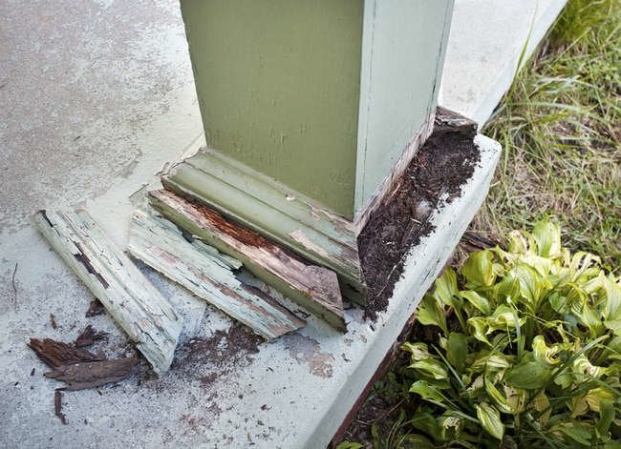We may earn revenue from the products available on this page and participate in affiliate programs. Learn More ›
Lower Your Tax Bills
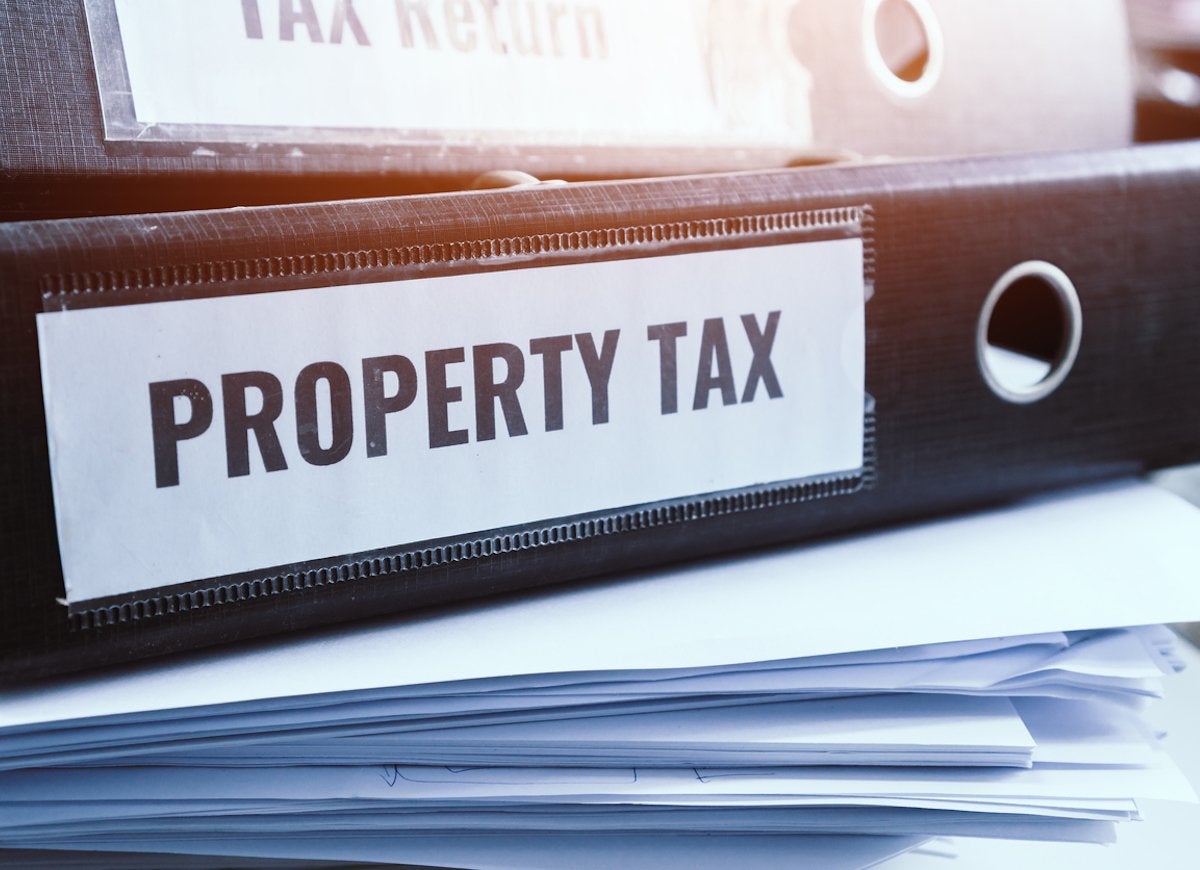
Property tax rates are decided at the county level, and the money collected is used to pay for schools, streets, and public safety. If you want to own a house, you already know that you’re probably going to have to pay property taxes. What you may not know is that you might be able to decrease the amount of taxes you owe. So, don’t just fume about a high tax bill—do something. Scroll through to discover ways to lower your property taxes and keep more of your hard-earned money for yourself.
Review Your Property Tax Card for Errors

Your home’s tax card is the official record of your property. It contains information such as your home’s assessed value, square footage, the year it was built, and the number of bedrooms and bathrooms it has, but tax cards often contain errors. Obtain a copy of your tax card from your local county assessor’s office and go over it carefully. If you find errors—if, for instance, it lists more bedrooms than you actually have—point that out to the assessor and ask for a reevaluation of your tax.
Related: America’s Lowest Property Taxes Are in These 12 States
Appeal Your Tax Valuation—Promptly

Most county assessors limit the amount of time you have to appeal your tax valuation after they mail out notices; in some jurisdictions, the period is as little as 30 days. If you fail to appeal within that time frame, the window of opportunity closes, and you’ll have to pay the higher tax. The appeal process typically involves filling out a form detailing why you believe the assessor’s valuation is too high—for example, perhaps the house has sustained structural damage.
Get Rid of Outbuildings
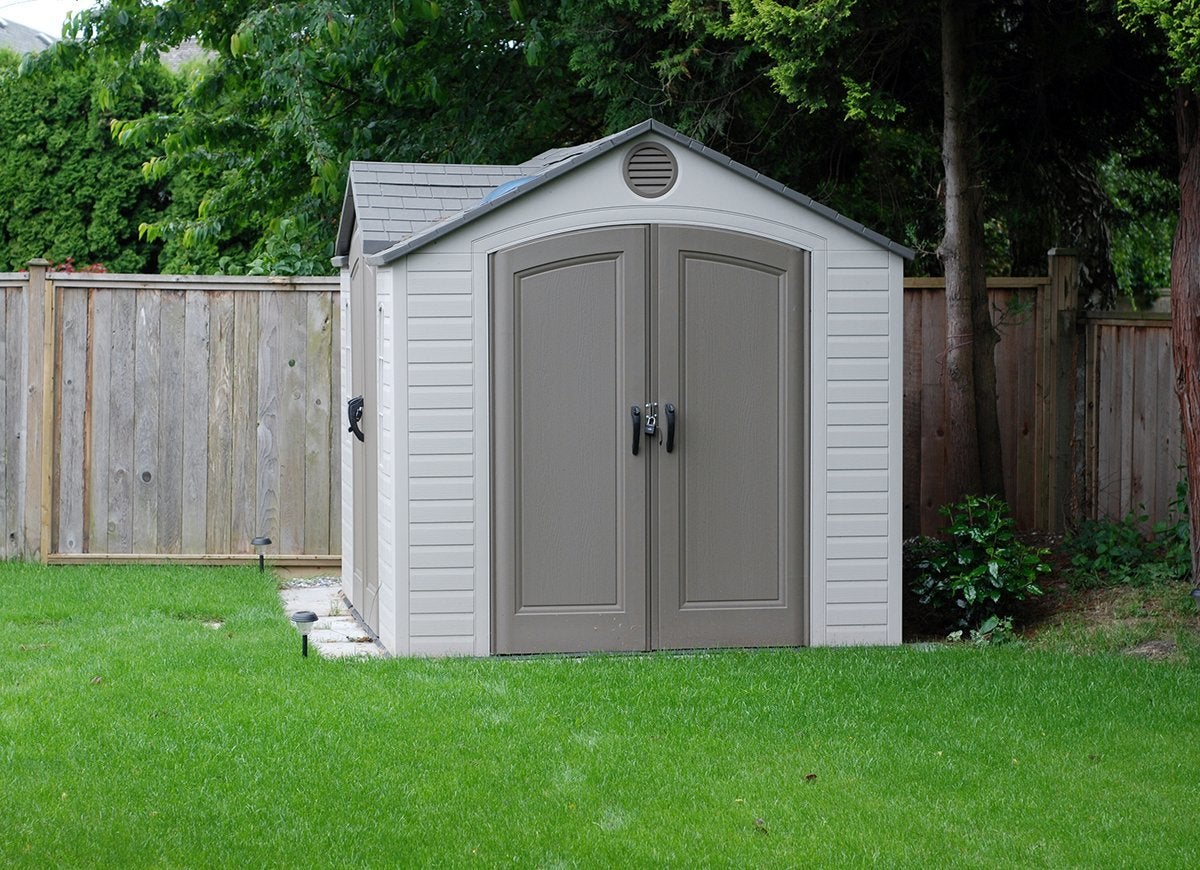
Structures on your property, including storage sheds, she-sheds, and greenhouses, may also be assessed for taxes. That said, some counties and towns tax only permanent structures with foundations, or only those above a certain size. But if your property tax bill includes a couple of storage sheds that you don’t really need, consider getting rid of them. If you decide to remove them, notify your county assessor’s office so it can update your property tax card.
Check to See If You Qualify for Property Tax Relief

Not all states offer property tax relief, but many do offer reductions for homeowners who are seniors, veterans, or disabled. In addition, certain types of property, such as property used for agricultural purposes, may qualify for tax breaks. These reductions are decided at the state level, but you won’t automatically get them—you need to apply. Call your county assessor’s office to find out if you qualify for any tax relief programs.
Move to a Less Expensive Area

Property tax rates vary widely from state to state and from county to county. If you live in a county with high property taxes, you may be able to buy a house in a neighboring county and pay much less in property taxes. You may end up with a longer commute, but you’ll save on taxes.
Related: 18 Hidden Costs of Moving
Compare Tax Cards of Similar Homes

If you’re sure you’re paying more than you should in property taxes, you stand a better chance of having your tax lowered if you can demonstrate that houses similar to yours are being assessed at a lower value. Tax cards are public information, so go through the ones of homes like yours (same square footage, age, style, and number of bedrooms and baths). If you can show that your property is valued higher than other similar properties, the assessor’s office may reduce your valuation.
Have Your Property Independently Appraised
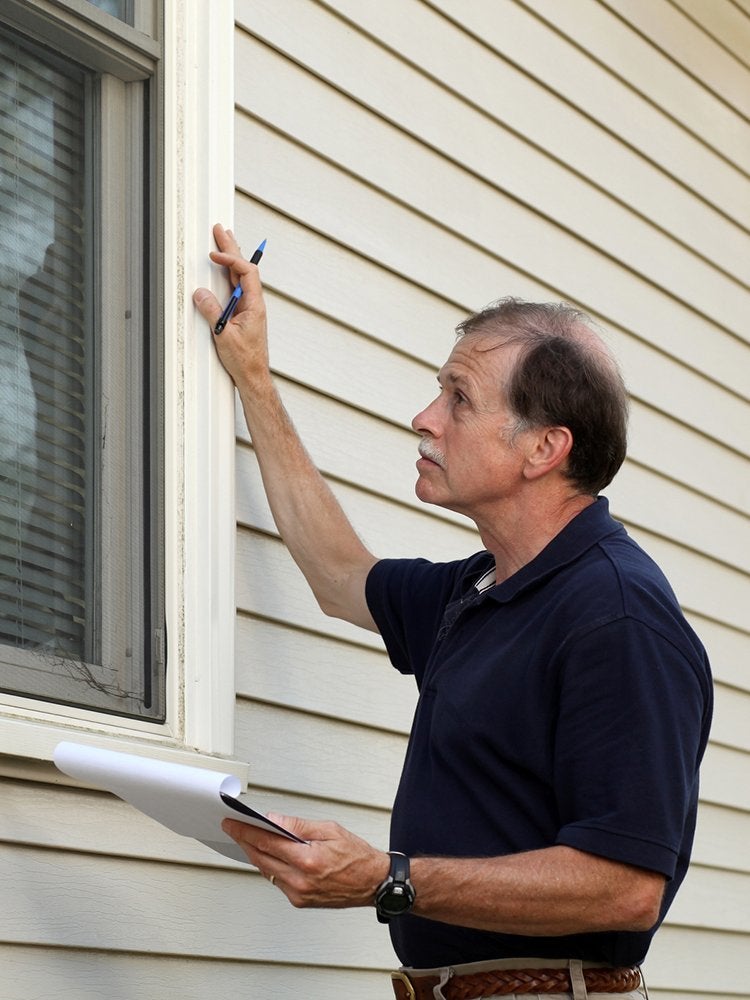
County assessors and real estate appraisers value properties in different manners, but if a real estate appraiser values your home at less than the county assessor does, you can often get your valuation reduced. You’ll pay $250 to $400 for an independent appraisal, but if it substantially reduces your home’s assessed valuation, you could save thousands every year.
File for a Homestead Exemption
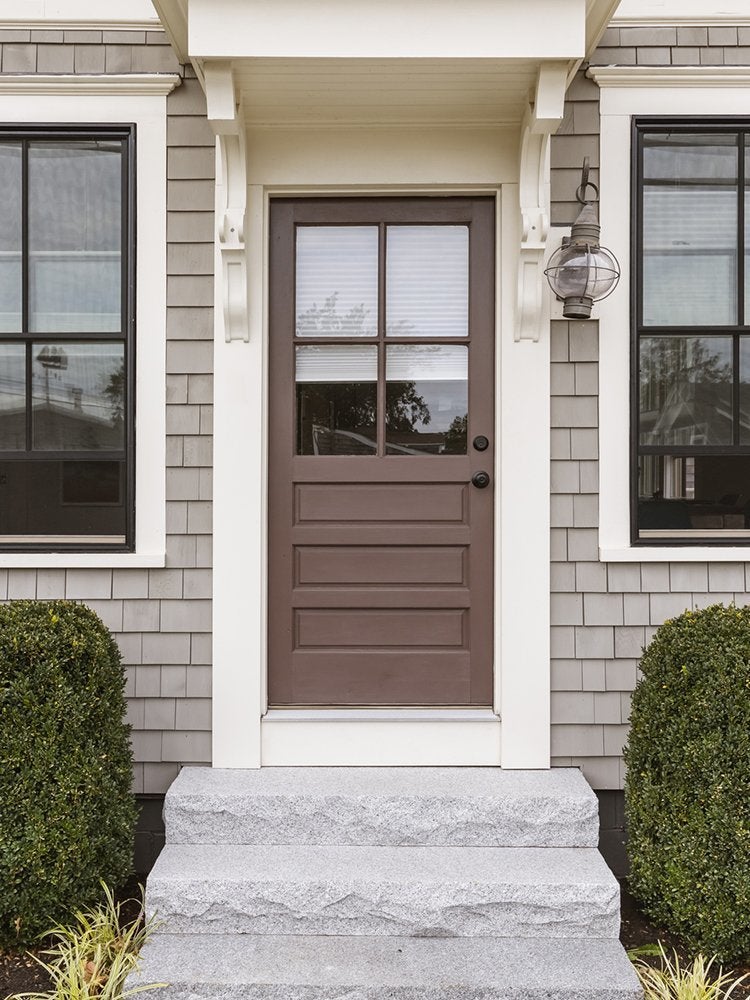
A homestead exemption provides tax relief for a primary residence in the wake of a bankruptcy or death of a homeowner. Many, but not all states, offer homestead exemptions, but requirements vary. You typically have to have lived in the house for more than a year and must meet certain income requirements. If you qualify, the county assessor will be able to tax only a portion of the value of your property. Learn more about the homestead exemption laws in your state here.
Invite the Assessor Over
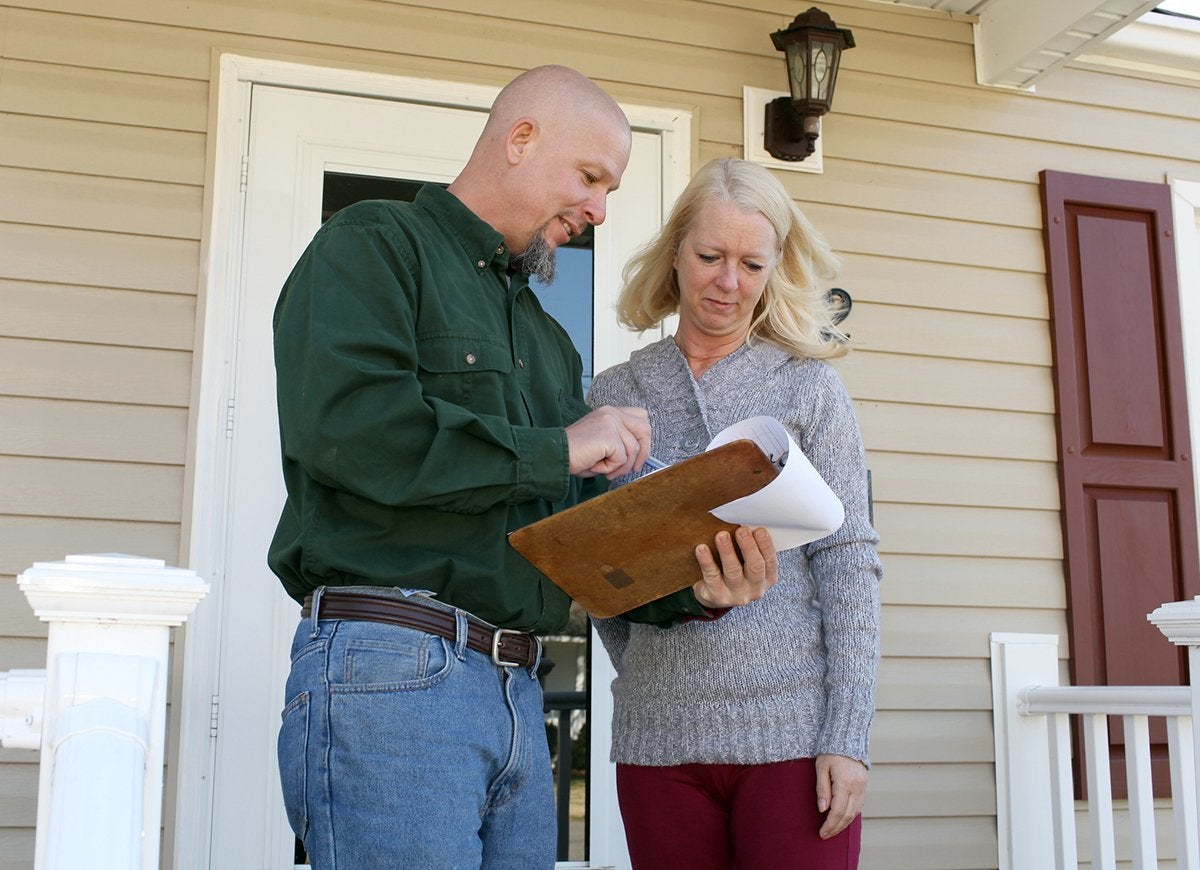
Sometimes the best way to show the assessors that your house is not worth as much as they claim is to ask them to come see for themselves. The key here is to accompany the assessor and point out all the problems she may not notice, such as cracks in the foundation, structural problems, water damage, and other significant defects.
Hire an Expert

Navigating the appeal process can be complex and time-consuming. Fortunately, if you’re not up to it, there are experts who can help. Both tax attorneys and property tax consultants can challenge your property valuation to get your taxes reduced. You’ll have to pay a tax attorney up front for the time spent on your case, while a property tax consultant takes a cut of your tax savings, usually 50 percent of the first year’s savings.
Pay Less
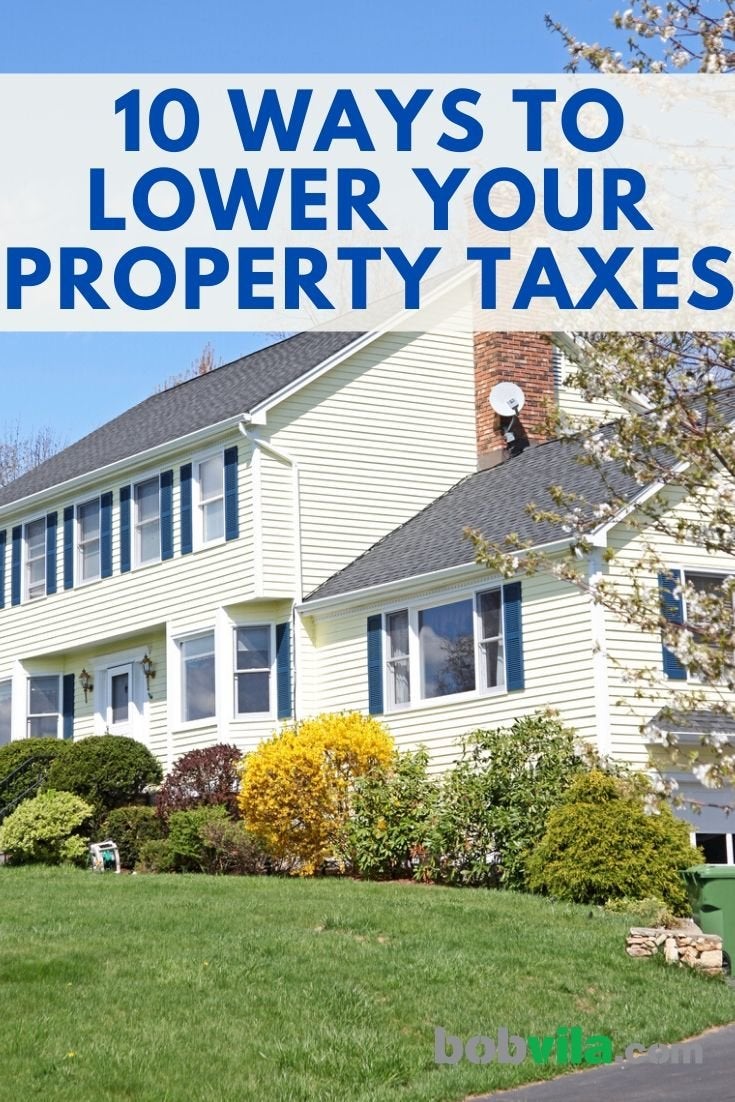
Who doesn’t want to pay less in property taxes? With this advice in hand, you can begin the process of lowering your property taxes.

















